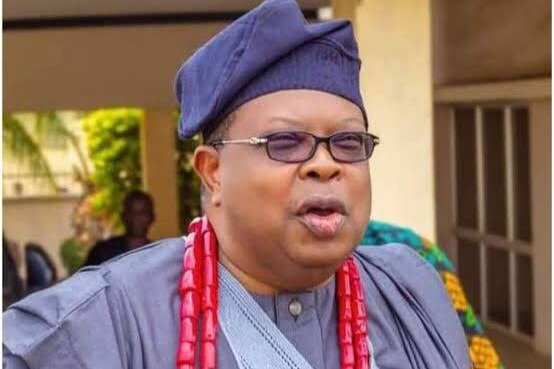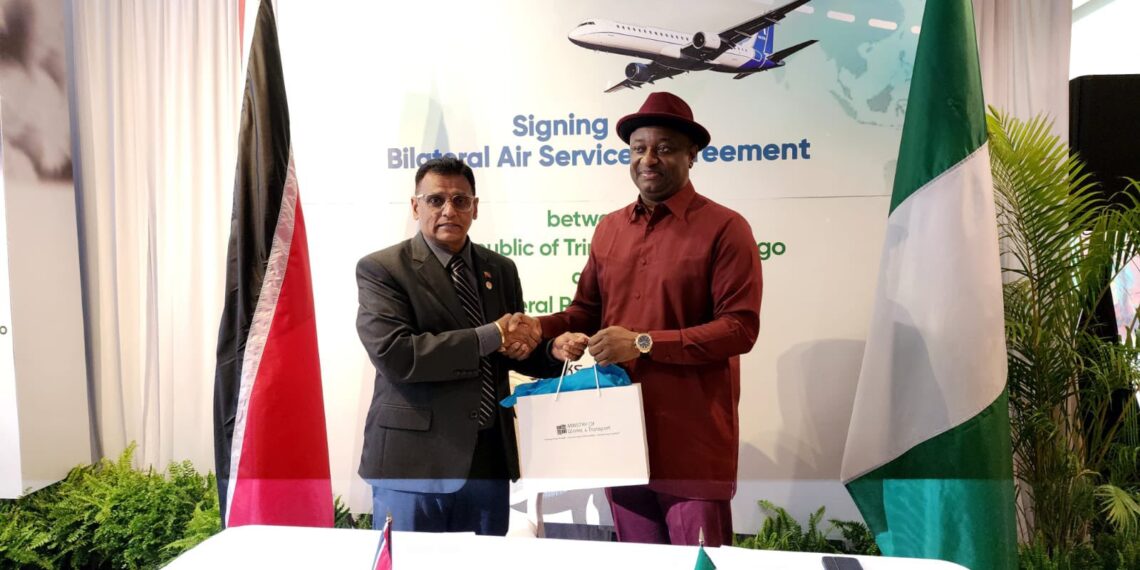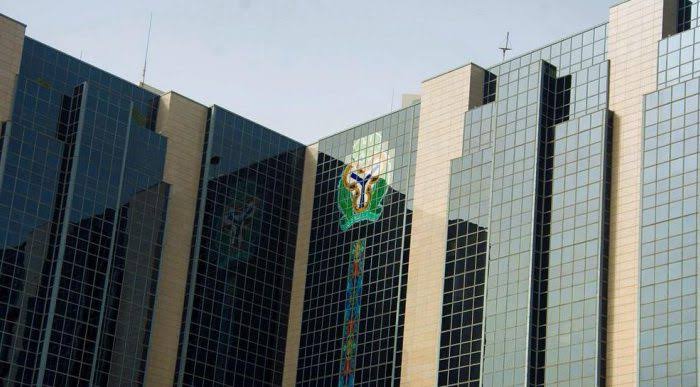The enforcement of third-party motor insurance by the Nigeria Police Force (NPF) and other regulatory agencies has sparked nationwide reactions. The directive, which officially commenced on February 1, 2025, aims to enhance road safety and protect accident victims by ensuring compliance with the mandatory insurance policy. However, concerns over possible extortion, the legality of police enforcement, and financial burdens on motorists have led to debates over the implementation of the policy.
Background and legal framework
Third-party insurance is the minimum level of car insurance required by law in Nigeria. It covers liabilities related to injury, death, or damage caused to third parties by an insured vehicle but does not cover damages to the policyholder’s own vehicle. The legal basis for this enforcement derives from Section 68 of the Insurance Act and Section 312 of the 1945 Motor Vehicle (Third Party Insurance) Act, which mandate that all vehicle owners must possess third-party insurance before operating on public roads. Violations attract penalties, including a fine of N250,000, imprisonment for one year, or both.
Enforcement and implementation
The nationwide crackdown on uninsured vehicles is being implemented by the Nigeria Police Force, the Federal Road Safety Corps (FRSC), and other relevant agencies. States including Lagos, Kogi, Delta, the Federal Capital Territory (FCT), Edo, and several others have commenced enforcement. Motorists found without valid third-party insurance are subject to fines or other legal actions.
To prevent abuse, authorities have emphasized professionalism and warned officers against extortion. The Inspector-General of Police (IGP) has specifically instructed officers to be firm yet courteous in enforcement and to avoid any form of harassment or bribery. The police have also clarified that they are not the issuing authority for third-party insurance but are merely enforcing existing laws.
Public concerns and criticisms
Despite the legal backing, many Nigerians view the enforcement as another avenue for police extortion. A significant number of citizens have expressed skepticism about how fines will be collected and whether proper receipts will be issued. Security analysts and civil society groups have accused the government of using the enforcement drive as a revenue-generation scheme rather than a genuine road safety measure.
A major point of contention is whether the police have the legal authority to lead enforcement. Human rights lawyer Olu Omotayo argues that the enforcement should be under the Ministry of Transport, not the police, which could be seen as overstepping their mandate. Additionally, concerns have been raised over multiple taxation, as motorists already face numerous levies and fees.
Financial implications
Under the new enforcement, private vehicle owners are required to pay N15,000 annually for third-party insurance, commercial vehicle owners N20,000, and commercial tricycle/motorcycle operators N5,000. Labor unions and transport associations have called for a review of these fees, arguing that they impose a financial burden on workers and small business owners.
Furthermore, small business owners and gig workers who rely on personal vehicles for their livelihoods argue that the cost of compliance is excessive when combined with existing fuel subsidies, licensing fees, and road use taxes. Many have raised concerns about how the revenue generated from enforcement will be managed and whether it will translate into better compensation for accident victims.
Government and regulatory responses
In response to public outcry, the police and FRSC have reassured citizens that the enforcement is solely for public interest and road safety. The FCT Police Command has set up a monitoring committee to oversee the enforcement process and curb any cases of extortion. Additionally, state governments have urged compliance while highlighting the benefits of third-party insurance in covering liabilities and compensating accident victims.
Insurance companies and the National Insurance Commission (NAICOM) have also launched awareness campaigns to educate the public on the benefits of third-party insurance. They argue that widespread compliance will ultimately reduce the financial strain on individuals affected by accidents and create a more structured compensation system.
The way forward: striking a balance
For the policy to achieve its full potential, certain measures must be put in place:
Public Awareness Campaigns – Many motorists remain unaware of their insurance obligations. A robust information drive through media, roadshows, and transport unions can help clarify misconceptions and promote voluntary compliance.
Transparent Enforcement – The government must ensure that all collected fines are properly documented and that enforcement officers are held accountable to prevent abuse.
Affordability and Flexibility – A review of premium rates, particularly for low-income earners and commercial drivers, could increase compliance while easing the financial burden.
READ ALSO: Third-Party Insurance: Kogi CP Cracks Down on Defaulters, Orders Total Compliance
Collaboration with Insurance Firms – Simplified insurance purchase processes, including digital verification systems, can help reduce the incidence of fake insurance policies and ensure that vehicle owners receive genuine coverage.
Accountability and Compensation System – A well-structured compensation scheme for accident victims must be put in place to ensure that those affected receive their due benefits without bureaucratic bottlenecks.
Conclusion
The enforcement of third-party insurance in Nigeria is a necessary step toward road safety and accident victim protection. However, concerns over police extortion, financial implications for motorists, and the legal basis for enforcement must be addressed. A transparent and accountable enforcement process, alongside proper public sensitization, is crucial to ensuring that the policy achieves its intended goals without becoming a burden on citizens. If implemented correctly, this policy has the potential to significantly improve Nigeria’s road safety landscape while protecting both motorists and accident victims alike.


